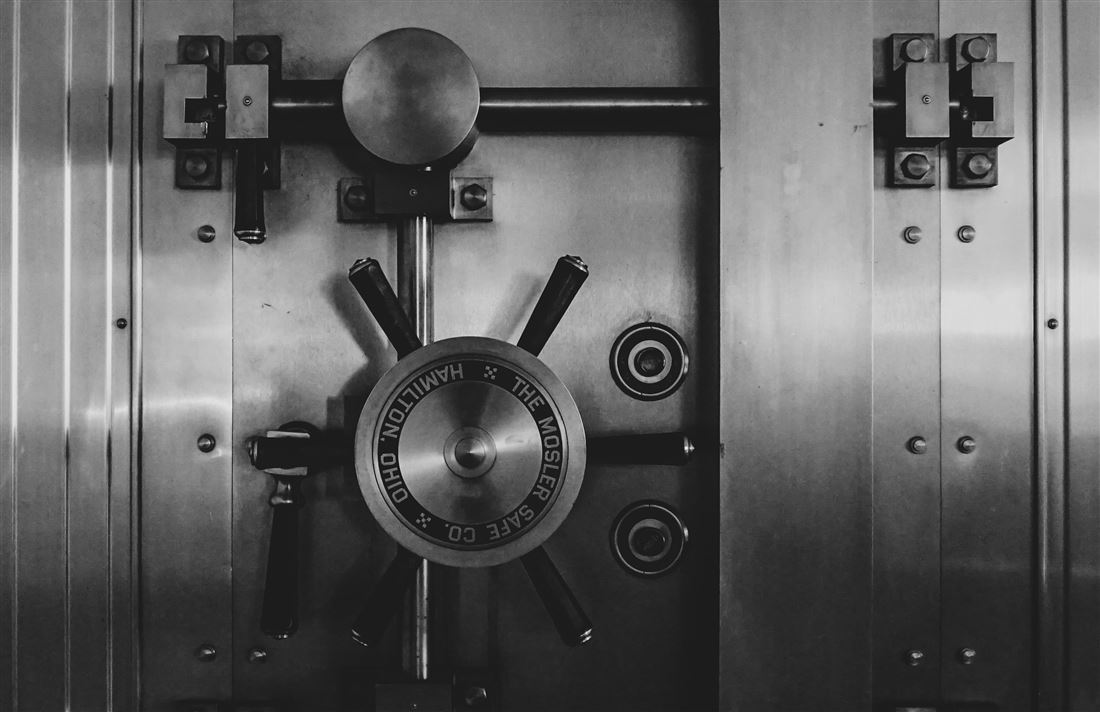In order to understand industrial security, we first need to define what industrial security means. The National Security Authority (hereinafter referred to as "NSA") defines industrial security as a set of measures and conditions for the protection of classified information.

Classified information is considered to be important material (a medium containing information, a product or equipment) or information (the content of a document, record or media, or an oral statement) that must be protected against unauthorized manipulation, reproduction, damage, loss, misuse or disclosure. Classified information relates to an entrepreneur if they are its creator or if it has been transferred to them, all on the basis of a contract with the state. According to Act No. 215/2004 Coll. on the protection of classified information, as amended, the state authority that passes on classified information is authorized to check that the entrepreneur to whom the classified information has been passed on is complying with its protection.
Classified information is divided according to the degree of classification into:
- restricted,
- confidential,
- secret,
- top secret.
Who is the industrial security service intended for?
The industrial security service is provided to entrepreneurs who may be legal or natural persons - sole traders who, in accordance with Act No. 215/2004 Coll. on the protection of classified information, as amended, and Decree of the National Security Authority No. 301/2013 Coll. z. The office determines whether an entrepreneur meets the conditions for the issuance of industrial security on the basis of a security clearance.
Security clearance
According to the NSA, security clearance serves as a tool for obtaining, analyzing, and evaluating potential security risks associated with the entity being vetted. The purpose of security clearance is to ensure that only persons who can guarantee their protection have access to classified information. Such security clearance is carried out by the NSA. As in the case of classified information, four levels of classification are used in security clearance:
Level I – restricted
Level II – confidential
Level III – secret
Level IV – top secret
Conditions for issuing an industrial security certificate to an entrepreneur
In order for an entrepreneur to be issued an industrial security certificate, they must meet the following conditions:
- the entrepreneur's ability to ensure the protection of classified information,
- economic stability of the entrepreneur, i.e. the entrepreneur is not in liquidation, no bankruptcy has been declared on its assets, no settlement has been permitted on its assets, it fulfills its financial obligations to the state and fulfills its financial obligations to other legal or natural persons,
- the entrepreneur is security reliable, i.e. no security risk has been identified,
- the entrepreneur has a clean criminal record.
Issuing an industrial security clearance certificate
As stated in Act No. 215/2004 Coll. on the protection of classified information, as amended, if a security clearance proves that an entrepreneur meets the conditions, they will receive a certificate of industrial security from the National Security Authority. The Office keeps a list of entrepreneurs who have been issued with industrial security clearance certificates, as well as a list of entrepreneurs whose industrial security clearance certificates have expired.
Sources:
